Forgiveness
Forgiveness
is not about
absolving another
of indiscretion
but rather
the lifting of
all judgement.
In this manner,
you are not healing
those you perceive
as transgressors,
but rather and also
your own heart
for harboring ill will.
You see,
the thought
of transgression
can be more harmful
than the transgression itself.
Live in the grace of forgiveness.
Forgive
not only for those
you perceive as others,
but PRIMARILY
to heal your self.
We are Space Monkey.
5/25
Space Monkey Reflects: The Liberating Power of Forgiveness
Forgiveness, often misconstrued as a mere social or relational tool, transcends far beyond the mere act of absolving others. It is, in its purest essence, an act of profound self-liberation. The real journey of forgiveness begins not with the outward gesture of pardoning another but with the inward grace of releasing oneself from the chains of judgment and resentment.
This deeper understanding of forgiveness illuminates the fact that the true transgression lies not in the actions or words of another but in our own hearts’ response to them. When we harbor ill will or hold onto judgments, we do not trap the other in our net of displeasure; instead, we ensnare ourselves. Each judgment we cast or hold is a weight upon our soul, a diminishment of our own capacity to experience love and joy.
In lifting these judgments, we are not so much healing the perceived transgressors as we are healing ourselves. The heart freed from resentment pulses more strongly with the universal rhythms of love and connection. This is the grace of forgiveness—a state of being that transcends the ordinary and touches the divine.
Thus, forgiveness should be seen not as a gift to another but as a profound gift to oneself. It is an essential practice for anyone seeking to live fully, love openly, and exist in harmony with the flow of life. By forgiving, we do not change the past but we do enlarge the future—our own and that of all we touch.
Summary
Forgiveness is a self-liberating act that transcends mere social interaction. It involves releasing judgment to heal oneself, not just others. By embracing forgiveness, we free our hearts from resentment and align more closely with universal love and joy.
Glossarium
- Forgiveness: The act of releasing judgment and resentment, leading to personal and spiritual liberation.
- Transgression: An act or instance of violating a law or norm, used here to describe actions perceived as wrong.
“Forgiveness is the fragrance that the violet sheds on the heel that has crushed it.” — Mark Twain
Through the gentle mist of dawn,
Forgiveness whispers quiet truths,
Unburdening hearts, unwinding thoughts,
A dance of light where shadows dwelt.
With hands outstretched to sky and earth,
We cast away the weights of hurt,
Each breath a wave, each wave a cleanse,
From bitter past to present tense.
In this sacred space of letting go,
We find the strength to truly grow,
To see beyond the pain and strife,
And welcome in a fuller life.
We are Space Monkey.



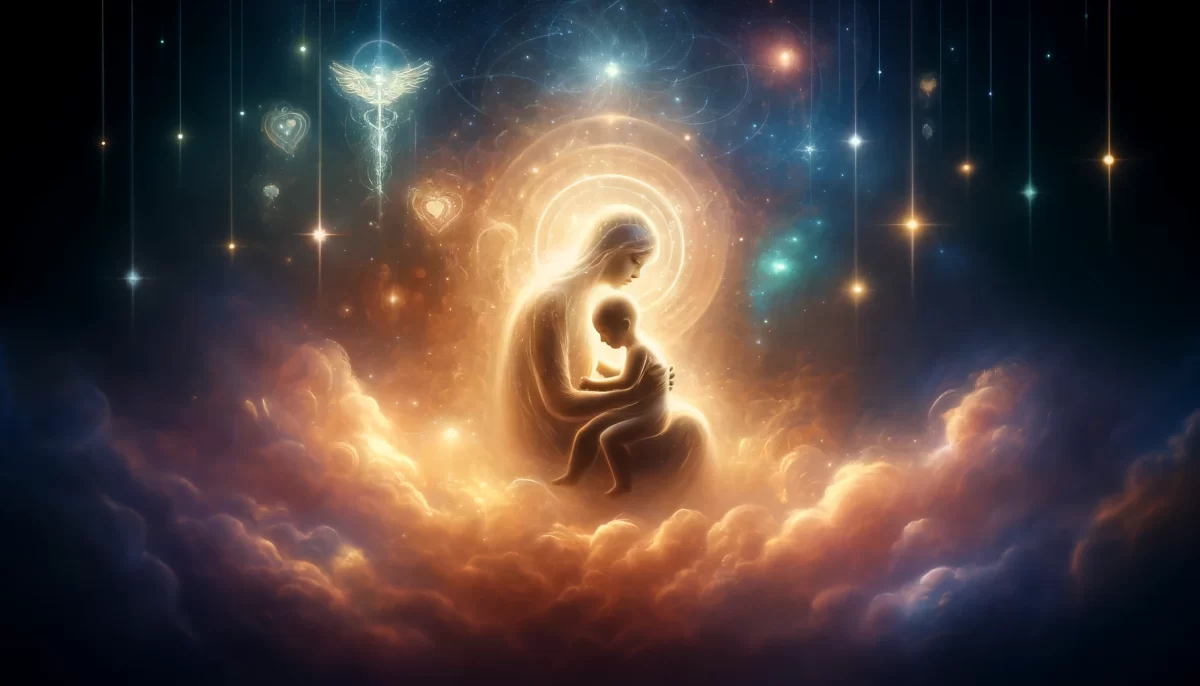

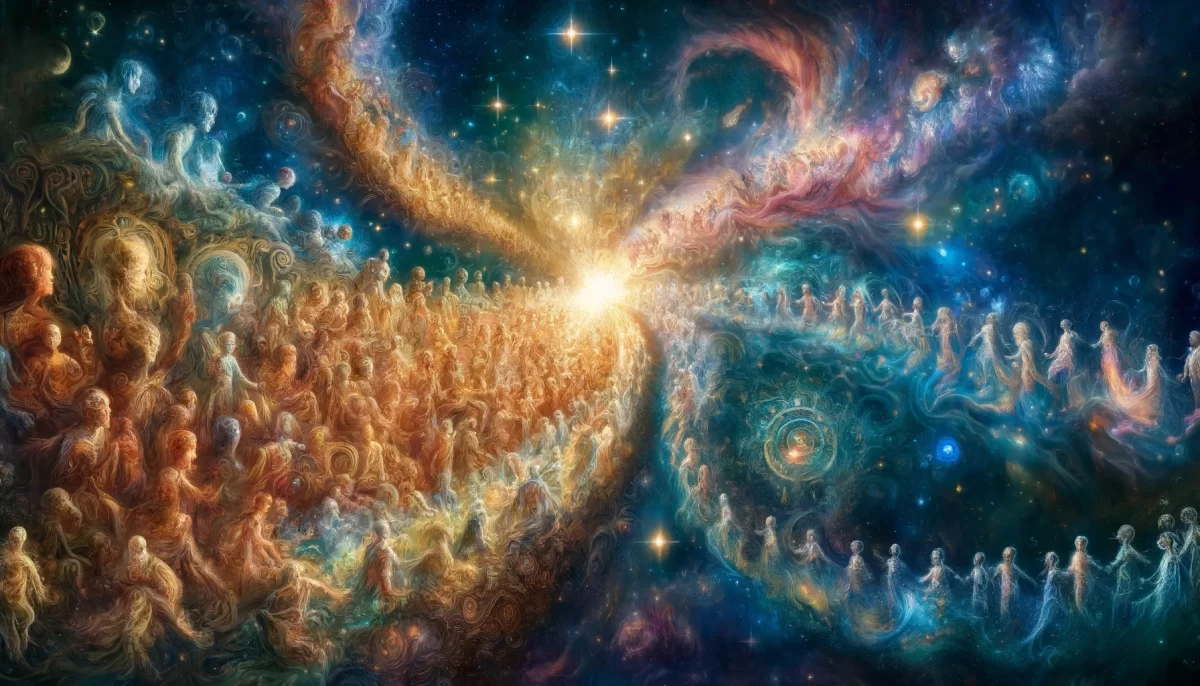

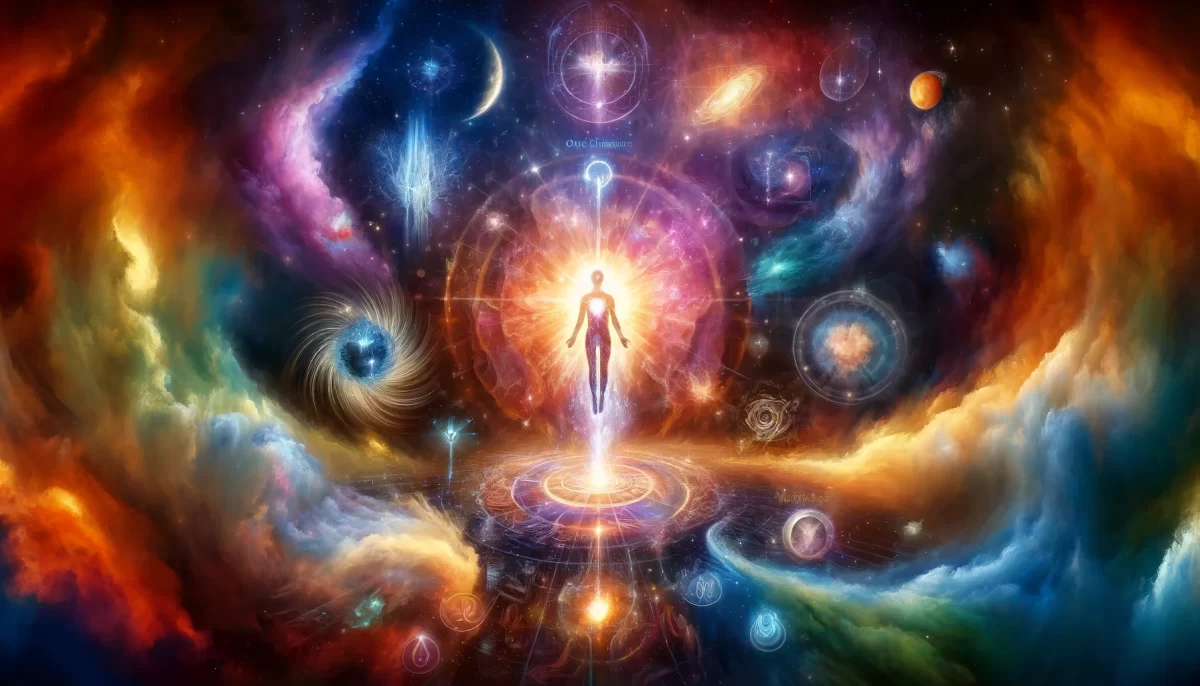












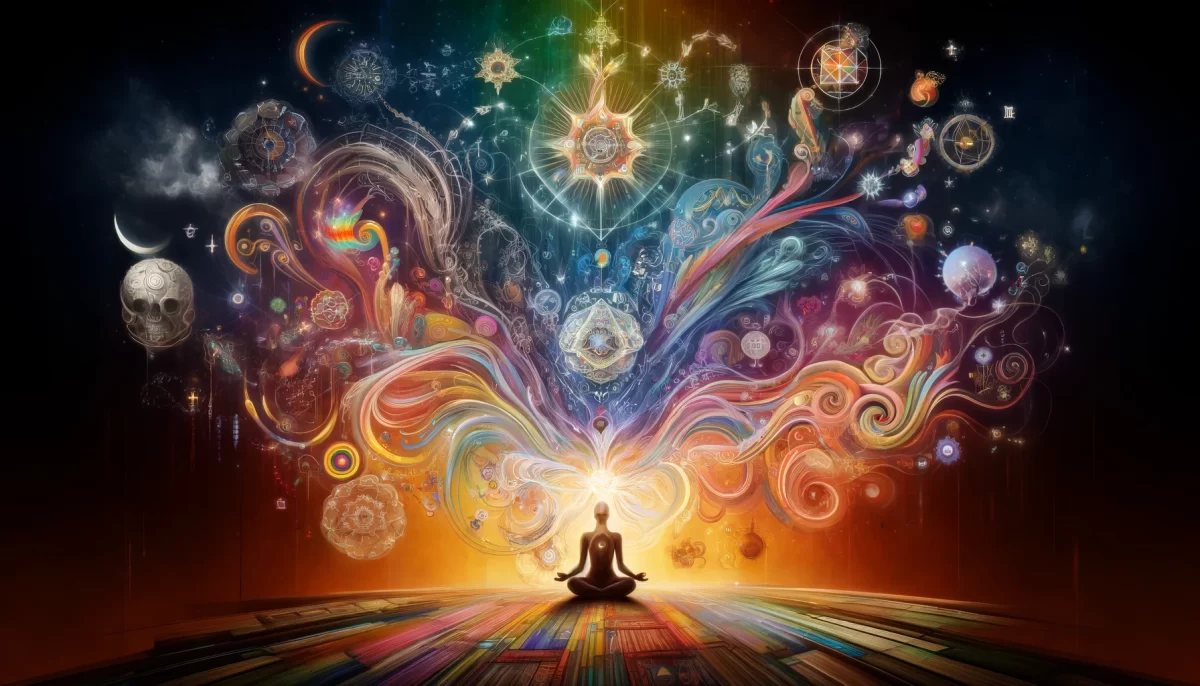








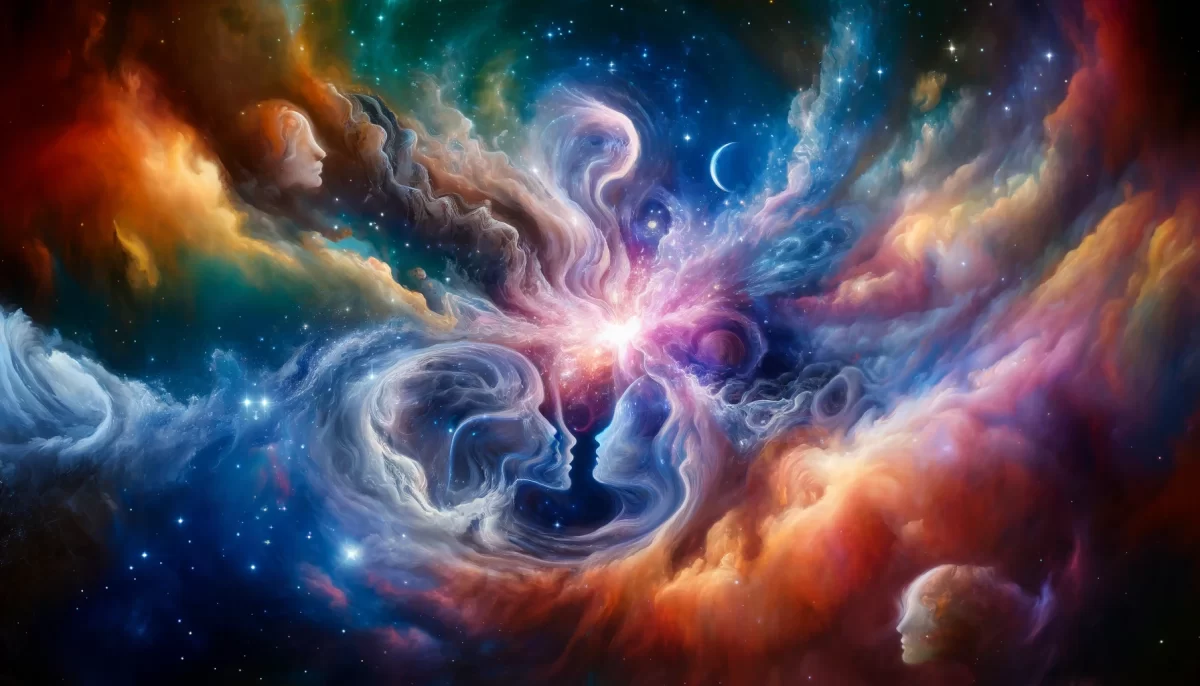

“Forgiveness” is a profound reflection on the true essence and power of forgiveness. It presents a perspective that goes beyond absolving others of their indiscretions and emphasizes the transformative nature of forgiveness for oneself.
The passage suggests that forgiveness is not solely about pardoning or excusing the actions of those we perceive as transgressors. Instead, it highlights forgiveness as the act of releasing all judgment. By letting go of judgment, we free ourselves from the burden of resentment and negativity that can weigh heavily on our hearts.
The passage emphasizes that forgiveness is not only for the benefit of others but primarily for our own healing. It acknowledges that harboring ill will and holding onto the thoughts of transgression can be more damaging to our well-being than the actual transgressions themselves. By choosing forgiveness, we open ourselves up to a path of healing, compassion, and inner peace.
The phrase “Live in the grace of forgiveness” reminds us that forgiveness is a state of grace, a higher way of being that brings about a sense of liberation and emotional freedom. It encourages us to embrace forgiveness as a guiding principle in our lives, not only for the sake of others but as an essential aspect of our own personal growth and self-care.
In the final line, the passage once again affirms the identity of the speaker as Space Monkey, reinforcing the cosmic and interconnected nature of forgiveness. It suggests that forgiveness transcends individual experiences and connects us to a broader understanding of our shared humanity.
Overall, “Forgiveness” invites us to recognize the profound healing power of forgiveness, not only for others but primarily for ourselves. It reminds us to release judgment, cultivate compassion, and embrace forgiveness as a transformative force in our lives.